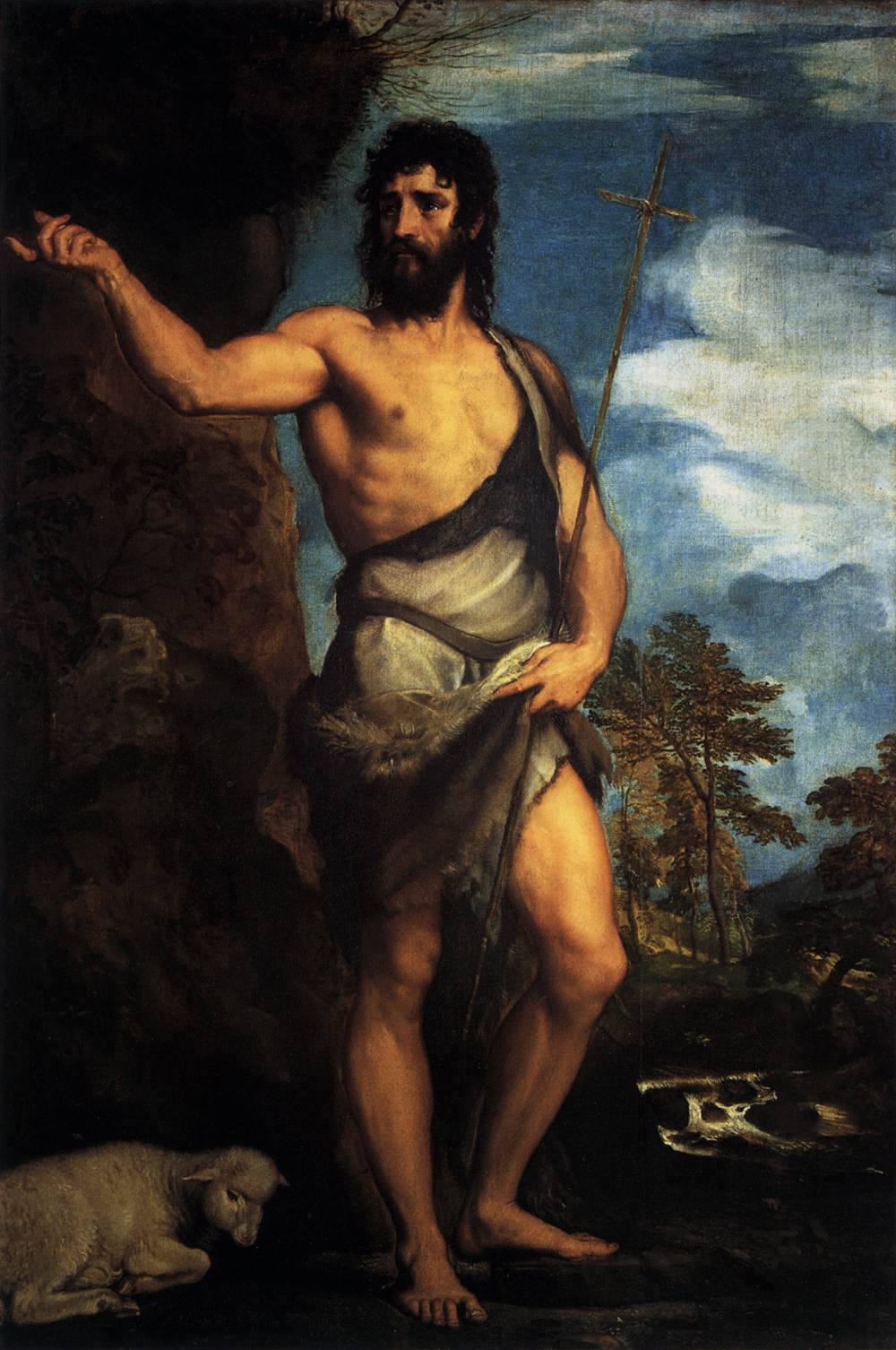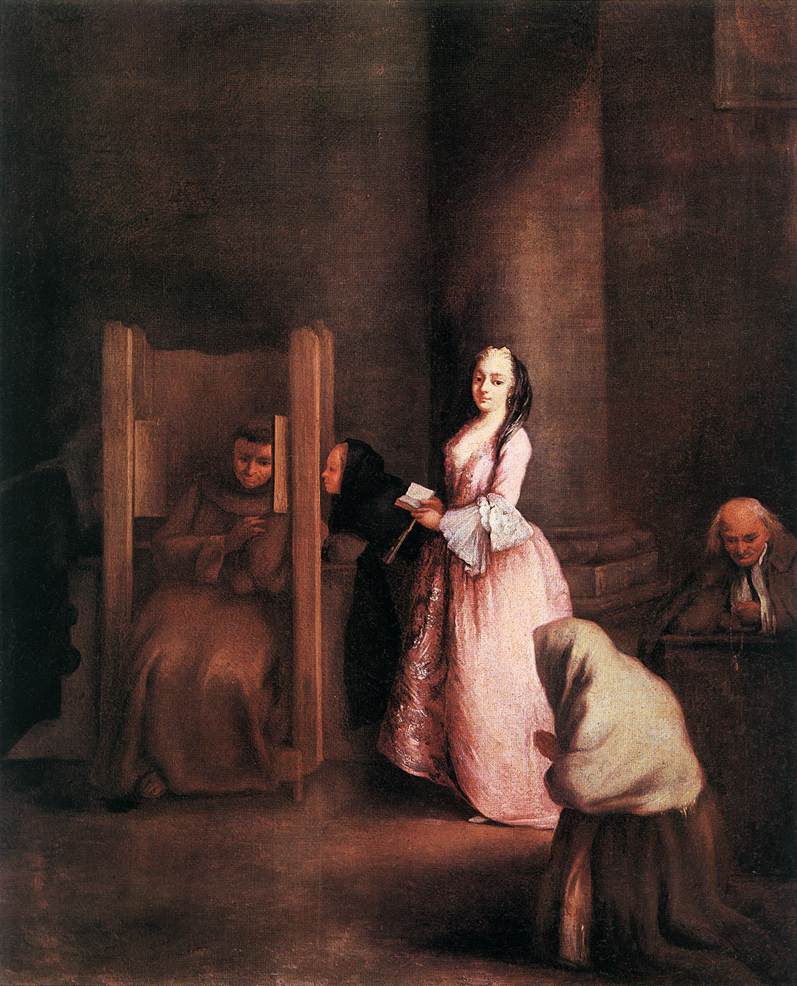Nearness of Mercy

 Advent…
Advent…
It’s about the nearness of mercy. Whereas, before, the human race was under the old weight of sin, burdened beneath the enmity with God merited by Adam, we can now rejoice at the freshness of this new experience: mercy. Our sins don’t have to dangle over our heads. Our poor choices need not define us. We are no longer the sum of our vices. If mercy is in our lives, each breath is hope. Hope that we will cling to God and persevere in doing good. Hope that we can be unshackled from the cruel master of sin that enslaved us. Hope that someday soon pain, hurt, and regret will all evaporate like the dew drops on the grass in the morning. This is the Christian experience to which Pope Francis, our generation’s John the Baptist, is inviting us. We would be right to chime in with chorus of sinners urgently chanting, “And what is it that we should do?!”
What would happen if we Christians began living mercy as the central reality of our lives? The world has been energized by Pope Francis. Yes, they have misunderstood and misinterpreted him, twisting his words for their own end. But he has captivated them. And I believe that is because he himself is captivated, like a child, with the perpetual newness of the experience of mercy. When asked, “Who is Jorge Mario Bergoglio,” his instinctive response was, “I am a sinner whom the Lord has looked upon.” In the same interview, he described the virtue of magnanimity for which he strived: “Thanks to magnanimity, we can always look at the horizon from the position where we are. That means being able to do the little things of every day with a big heart open to God and to others.”
The central reality of Christianity is the person of Jesus Christ, who is the face of the Father’s mercy. Pope Benedict, in his first Encyclical, Deus Caritas Est, told us: “Being Christian is not the result of an ethical choice or a lofty idea, but the encounter with an event, a person, which gives life a new horizon and a decisive direction.” So an encounter with Christ is an encounter with the mercy of the Father, which brings an everlasting newness into a person’s life.
The only response to this encounter is simple joy. Our liturgy is so filled with this joy that it can’t help but repeat it: “Rejoice in the Lord always! Again I say rejoice. Indeed, the Lord is near.” “Shout for joy, O daughter Zion! Sing joyfully, O Israel! Be glad and exult with all your heart.” “Cry out with joy and gladness: for among you is the great and Holy One of Israel.”
The Lord is near. For those who are still under sin, this is something to fear, not a reason to rejoice. But “The LORD has removed the judgment against you.” Our sins could blot out our own holiness, but they could never destroy the “great and Holy One of Israel.” As he comes near, he burns up our sins like a flame approaching flash paper. What remains is our human nature, renewed and in awe.
If we Christians began living mercy as the central reality of our lives, the world around us would be captivated. We would unburden ourselves from the baggage of holding grudges. We would escape the boring cycle of entertaining ourselves with gossip and judgment. We would perform works of mercy – both corporal and spiritual – quickly, easily, joyfully, and well. We would carry others’ burdens, because our own humanity has been made light. We would rejoice at persecution and bless our enemies, rather than screaming at them and racing to play the victim.
Yes, mercy has a context, and that context is justice. If there were no justice, mercy would simply be a cheap feeling, and an insult to the cross. But the greatest judgment falls on those who have received mercy and fail to live accordingly. And, if we take the attitude of Pope Francis, we will each realize that we are great sinners, and our main focus will be on availing ourselves of every opportunity of mercy offered to us by the merits of Christ’s passion.
Understanding our limits, and the greatness of God’s mercy, we realize that we have an immense wealth of opportunities for mercy in this life. Making full, good confessions; examining our consciences each day; availing ourselves of the graces of Christ to avoid sin and grow in virtue; allowing his grace to loosen the grip that sin has on us; persevering in moments of pain and dryness; withholding judgement on others and generously assuming the best about them. But the moment our soul is separated from our body in death, those opportunities end.
Thank God, though, that we have this new opportunity in the Year of Mercy. Christ, the Holy One, is near to us in the sacraments and in the graces offered to us by this truly extraordinary time. He is waiting for us to approach his holy door (or doors). If we don’t delay, we can live a life renewed by mercy. This is the essence of each vocation: to be the constant praise of God’s mercy. Peter began his mission to fish souls out of the water only after he openly confessed his sinfulness to Christ. And his commission to feed Christ’s sheep was simultaneous with his being forgiven.
So every vocation is simultaneously a grateful response to Christ’s mercy and an attempt to extend that mercy in time and space. True Christian mothers and fathers want their children to know Christ, the merciful face of the Father, through every experience of home life: relationships, rules, chores, prayers, and family dinners. Underneath the smile of every joyful religious sister or brother is a reformed and reforming sinner offering their life as a living sacrifice, whole and entire, burnt up for the one who gave himself for us. Only an experience of the newness of mercy can make you give your entire life with such joy. And we priests – our secret is that we’re the greatest sinners, but we’re overjoyed and overawed at being the instruments of Christ’s sacramental mercy for everyone else. Venerable Fulton Sheen wrote, “When the priest raises his hands in absolution over you, the blood of Christ is dripping from his fingers. We priests are hardly conscious of this great power. I think we would almost be shocked to death if we ever really realized it. But that is how the sin is absolved, by this blood of Christ.”
In this Year of Mercy, I pray that you will find new life in the Father’s merciful love, and that you will persevere in your joyful response to that live. Jesus is the face of this merciful Father, and he is always making us new. May that newness be your joy, and a magnet to draw others, through you, to the mercy of Christ.
